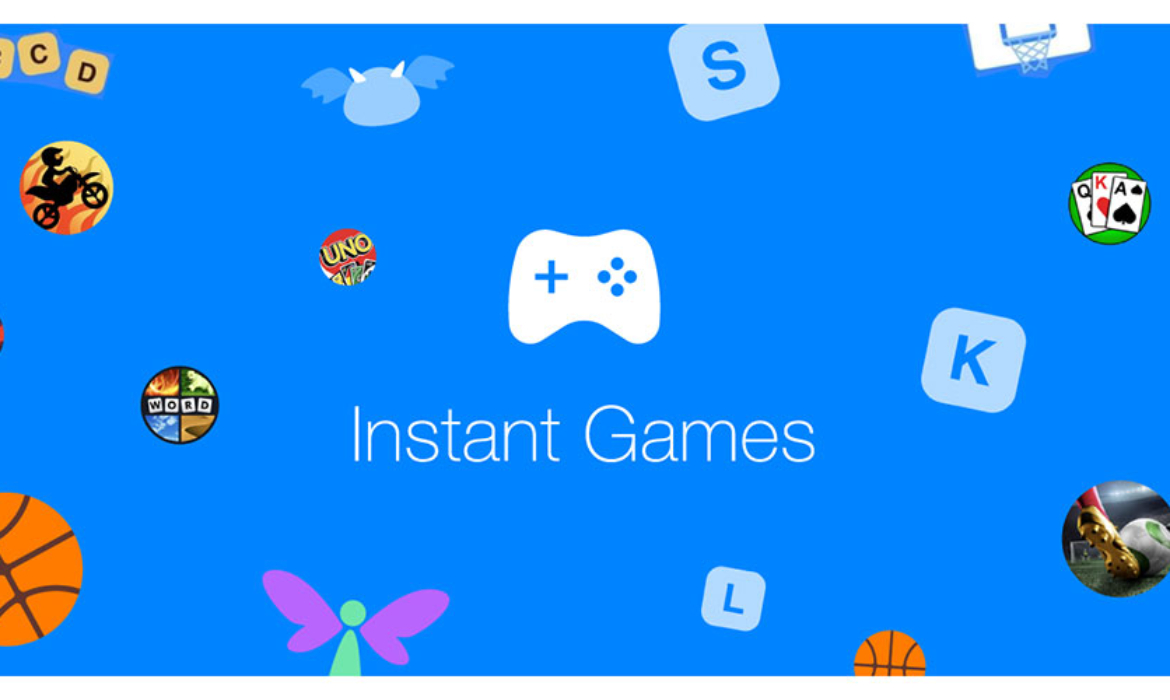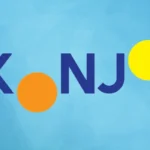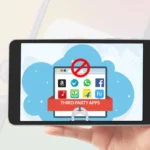Developers Can Publish Instant Games Directly To Facebook At Any Development Stage
Game developers can now more easily release “Instant Games”—instant social video games that appear in Facebook users’ News Feeds without requiring review—thanks to Meta. It has revealed a new Instant Games distribution model that releases games straight to Facebook users, despite their development stages. According to the tech behemoth, it intends to change the way games are offered throughout its organic discovery experiences. This is a big change from the earlier Quality Guidelines, which frequently made it impossible for early-stage games to be played on the platform.
.@Meta now lets #creators publish Instant Games directly on @facebook
The company also said that it will change the way games are distributed across our organic discovery experiences.https://t.co/psiWMEPW2Y
— ETtech (@ETtech) November 5, 2023
Direct Release for early-development stage games
With the launch of this revolutionary project, Meta pledged to establish a channel through which Facebook Instant Games developers could publish their creations straight to players, irrespective of their stage of development. In the past, it was difficult for early-stage games to adhere to Quality Guidelines. But this new strategy gets rid of all of those obstacles, giving developers more reach. As a result, the games that developers are creating will be accessible right away on organic surfaces.
Play Lab Tier
With the launch of the Play Lab tier, Meta is providing a way for games that might not have previously passed Quality Review to be released on the platform. This makes it possible for developers to attract users, get their input, and experiment. The Facebook Play Platform will host Instant Games in the Play Lab tier. However, they won’t be included in Meta’s editorial or organic discovery surfaces. Play Lab IGs will still be able to establish a game page. Moreover, it would also aid in growing their player base through community building, social discovery, and paid user acquisition.
Read More: Meta’s Horizon Worlds Expand to Mobile & Web Via Closed Beta Test
Play Tab Tier
Additionally, Meta is launching the Play Tab, a new distribution tier for games with exceptional quality and performance. Instant Games under the Play Tab, according to Meta, will be available for promotional placements within editorial units and featured on all of their organic discovery platforms. An editorial unit is a fixed, consistent area in the Play Tab that shows the description and game icon. For games to qualify for the Play Tab tier, they need to fulfill two prerequisites:
- At first, only those games that most closely align with the principles and standards outlined in the Quality Guidelines will be available on the Play Tab.
- Secondly, Meta is launching Platform Quality Criteria (PQC), a metrics-determined threshold. It informs it of players who are interested in the games.
Easy discovery and engagement with Instant Games
Over the past few years, Facebook has been making an effort to expand its selection of free games. In April 2020, the company released a dedicated Facebook Gaming app. However, it was shut down in October of last year. As a result, games, streamers, and gaming apps are now located under the Facebook app’s Gaming tab. Meta emphasized that the adoption of this model will make it easier for Facebook gamers to find and interact with the best games available. At the same time, it would enable a greater range of games to be hosted on the platform and expanded through paid and social discovery methods. With Facebook Play continuing to grow, it is believed that these changes will open up more opportunities for developer partners.
Facebook Stories API and more
Developers, creators, and brands will now be able to create and share Facebook Stories straight from third-party desktop or web apps. This is all thanks to Meta’s new “Facebook Stories API” (Application Programming Interface). Recently, the platform added multiplayer gaming to the Messenger app. This enabled users to engage in gaming sessions while on video calls. Now that uploading is simpler, more people might take advantage of Instant Games. Furthermore, it might boost the number of ad views on the channel. Because all Instant Games—regardless of quality—are governed by Meta’s Developer Policies and Platform terms, advertisers can be sure their ads won’t be displayed next to inappropriate, dangerous, or uncensored content.
Here’s what they said
Meta, in its blog post, said,
We are announcing that we will be creating a path for developers of Instant Games (IG) on Facebook to launch their games directly to people on Facebook, even if the game is in the early stages of development and historically would have been blocked by the Quality Guidelines. We’ll also change the way games are distributed across our organic discovery experiences.
Read More: Meta Contemplates Ad-Free Subscriptions, Targeting Indian Market
Author Profile

- Netra
- Netra is a Dual Masters graduate in International Business and Marketing. She is a content-writing enthusiast and a social media addict. In her downtime, you will find her headbanging to Pop songs from around the world. She is also a sports fanatic and especially loves F1, Volleyball, and Cricket. Her hobbies are baking and watching Anime.
Latest Posts
 MediaJuly 26, 2024Rediffusion Unveiles Konjo, a Specialist Agency for New Age Startups
MediaJuly 26, 2024Rediffusion Unveiles Konjo, a Specialist Agency for New Age Startups MediaJuly 26, 2024Farah Golant Joins Seedtag Board of Directors
MediaJuly 26, 2024Farah Golant Joins Seedtag Board of Directors MediaJuly 26, 2024PRCA MENA Announces Imad Lahad as Vice Chair of the Board
MediaJuly 26, 2024PRCA MENA Announces Imad Lahad as Vice Chair of the Board MarketingJuly 26, 2024Google Shelves its Plans to Remove Third-Party Cookies | Experts Speak
MarketingJuly 26, 2024Google Shelves its Plans to Remove Third-Party Cookies | Experts Speak








